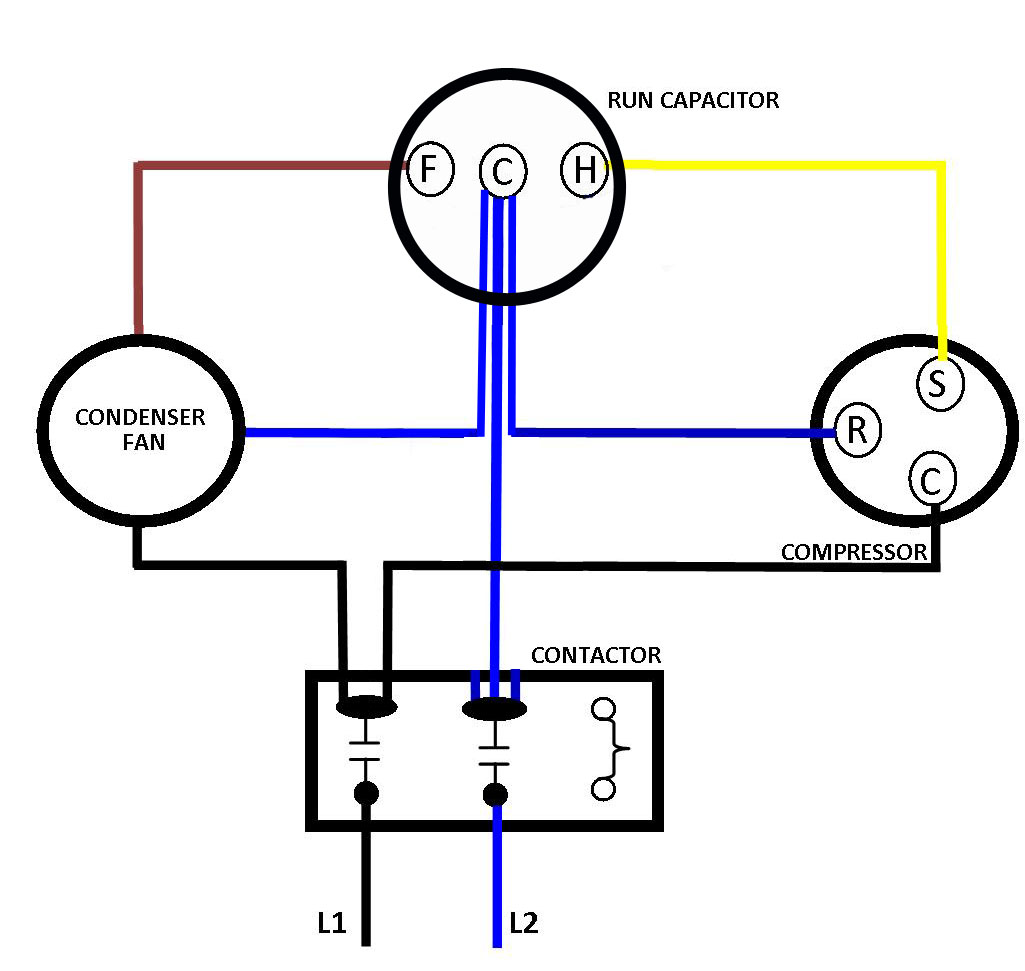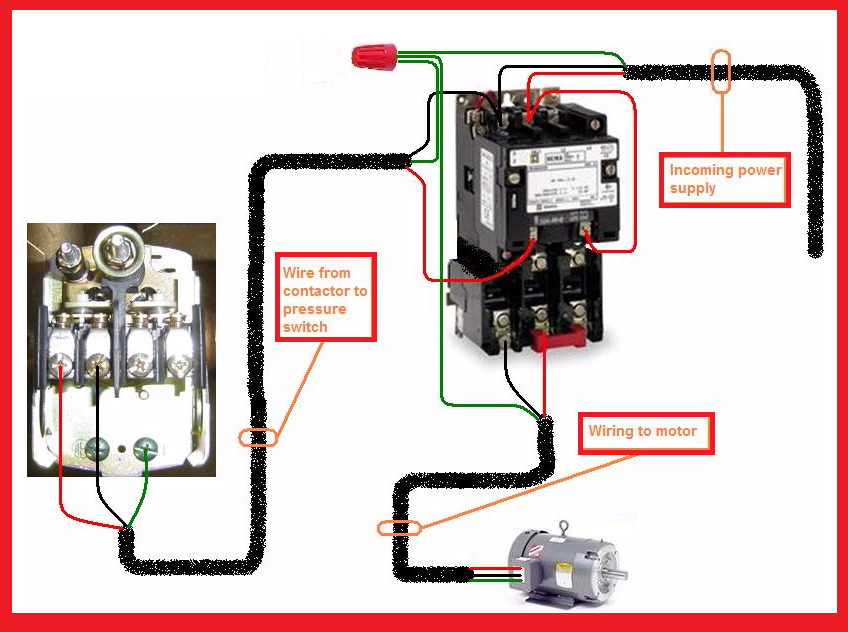Troubleshooting Your AC? Rheem Condenser Contactors Explained
Is your Rheem air conditioner acting up? Before you call a costly technician, it’s worth understanding a key component that often causes AC issues: the condenser contactor. Specifically, the single pole contactor plays a crucial role in regulating power to your outdoor condenser unit, and a faulty one can lead to a range of problems.
The contactor acts like a switch, enabling the compressor and condenser fan motor to receive power. Imagine it as a traffic controller for your AC's electrical flow. When the thermostat calls for cooling, the contactor closes, completing the circuit and allowing the condenser unit to operate. Conversely, when cooling isn't needed, the contactor opens, cutting off power to the unit. This simple on-off mechanism is essential for proper AC function.
A Rheem condenser single pole contactor, like those in most AC units, is an electromagnetically operated switch. A small control voltage energizes a coil, creating a magnetic field that pulls the contactor's contacts together, closing the circuit and allowing the higher voltage electricity to flow to the compressor and condenser fan motor. Without this critical component, your AC system would be inoperable. It ensures that power is supplied only when required, preventing continuous operation and unnecessary energy consumption.
Understanding the role of a single pole contactor is particularly relevant for Rheem AC owners because these components are prone to wear and tear. Over time, the contacts can become pitted or burned due to arcing, preventing the contactor from closing properly and leading to inconsistent cooling or a complete system shutdown. Dust, debris, and even insect infestations can also interfere with the contactor’s operation.
Diagnosing a faulty contactor often involves inspecting it for visible signs of damage like burnt contacts, listening for a buzzing sound (indicating a stuck contactor), or testing it with a multimeter to check for continuity. While replacing a Rheem condenser single pole contactor is a relatively straightforward task for experienced DIYers, it's always recommended to consult with a qualified HVAC technician, especially if you're unsure about any aspect of the process. Safety should always be the top priority when working with electrical components.
Historically, contactors have evolved from simple mechanical switches to the sophisticated electromagnetic versions we see today. Their importance in ensuring efficient and safe operation of HVAC systems cannot be overstated. The primary issues related to these components involve contact wear, coil failure, and external factors like debris and pests affecting their operation.
A key benefit of a properly functioning contactor is energy efficiency. By switching the condenser unit on and off as needed, it prevents wasted energy consumption. This translates into lower electricity bills and reduced environmental impact. Secondly, it protects the compressor and condenser fan motor from damage by preventing continuous operation, which can lead to overheating and premature failure. Finally, it contributes to consistent cooling performance by ensuring that the condenser unit operates reliably when called upon.
If you suspect a faulty contactor, you can perform a visual inspection. Look for signs of burning or pitting on the contact points. You can also gently try to engage the contactor manually. If it feels sticky or doesn't move freely, it might be the culprit. Remember to disconnect the power to the unit before any inspection or replacement.
Advantages and Disadvantages of Single Pole Contactors
| Advantages | Disadvantages |
|---|---|
| Simple Design and Operation | Prone to wear and tear |
| Cost-effective | Can be affected by environmental factors (dust, insects) |
| Easy to replace | Limited switching capacity compared to multi-pole contactors |
Best practices for dealing with contactors include regular inspection and cleaning, ensuring proper voltage supply, and choosing a quality replacement part when necessary. Common challenges include diagnosing intermittent issues and ensuring proper installation of the replacement contactor.
FAQs
What is a single pole contactor? - A switch controlling one circuit.
How do I test a contactor? - Use a multimeter to check for continuity.
Can I replace a contactor myself? - DIY is possible, but professional help is recommended.
What causes contactors to fail? - Wear, electrical arcing, environmental factors.
How often should I inspect my contactor? - At least annually, preferably during routine maintenance.
What are the signs of a bad contactor? - No cooling, inconsistent cooling, buzzing sound.
Where can I buy a replacement contactor? - HVAC supply stores, online retailers.
How much does a contactor cost? - Typically between $20 and $50.
Tips and tricks: Always disconnect power before working on the contactor. Take clear pictures before disassembly for easier reassembly. Ensure the replacement contactor is compatible with your Rheem unit's specifications.
In conclusion, the Rheem condenser single pole contactor, while a seemingly small component, plays a vital role in the efficient and reliable operation of your AC system. Understanding its function, potential issues, and maintenance needs can empower you to troubleshoot problems effectively and prevent costly repairs. By following best practices and seeking professional help when necessary, you can ensure that your AC system keeps you cool and comfortable throughout the hottest months. Regular maintenance, including checking the contactor for wear and tear, is essential for preventing unexpected breakdowns and extending the lifespan of your Rheem air conditioning unit. Don't underestimate the importance of this small but critical component – a well-maintained contactor can save you money and hassle in the long run. Invest the time to understand and care for your Rheem condenser single pole contactor, and enjoy a cool and comfortable home.
Upgrade your designs with gold picture frames png the ultimate guide
Catching the royal whites matchday experience
Chevy 1500 diesel for sale near me your ultimate guide













